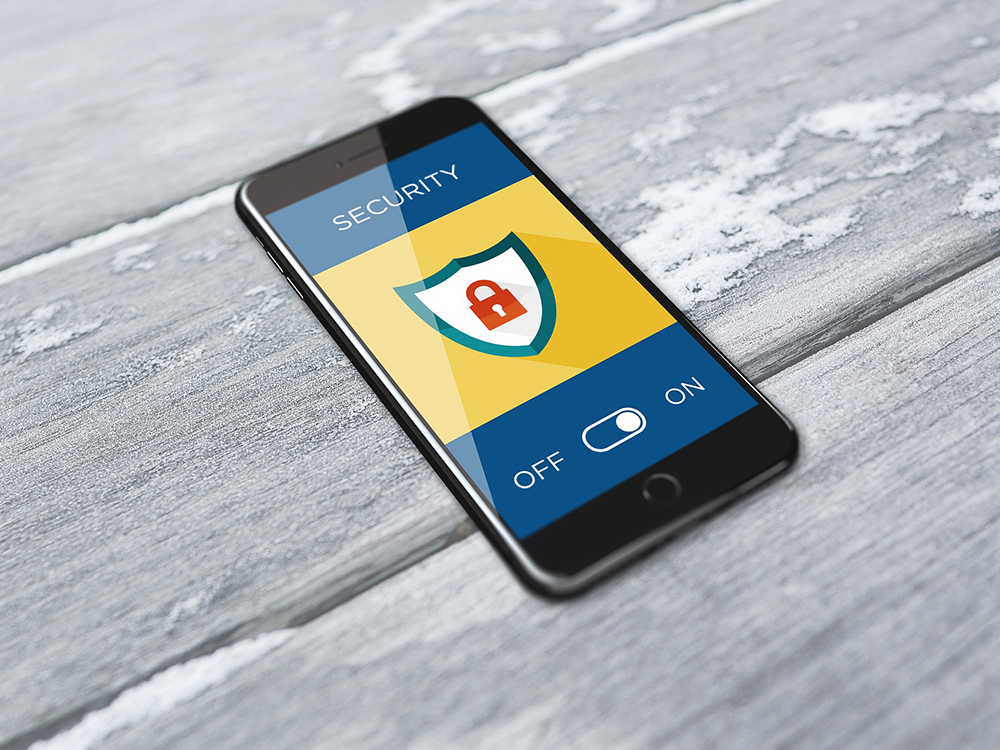Don’t Get Hacked for the Holidays

Computer Security Day is observed every year on Nov. 30, just a few short weeks before the holidays. The timing is designed to raise awareness and to promote best practices in information security.
Identity theft, fraudulent email, ransomware and viruses can make your online experiences challenging. Below is a safety checklist from Dr. Murat Kantarcioglu, professor of computer science in the Erik Jonsson School of Engineering and Computer Science.
• Always back up your data on at least two external hard drives regularly. Do not keep these two copies in the same physical location.
• Keep your very sensitive data, like tax returns, on an encrypted external hard drive for archival purposes, not on your laptop.
• For important websites, such as banks, choose at least 14 character-long passwords that are not based on any personal information (birthdays, initials of loved ones, etc.) and contain letters, characters and punctuation marks.
• Do not use other people’s USB drives. It is one of the ways malware propagates.
“Don’t get hacked for the holidays,” Kantarcioglu said. “Criminals know consumers are on their computers shopping more now that the season is upon us. Having the right tools and frame of mind is important this time of year if you want to stay cyber-safe.”



